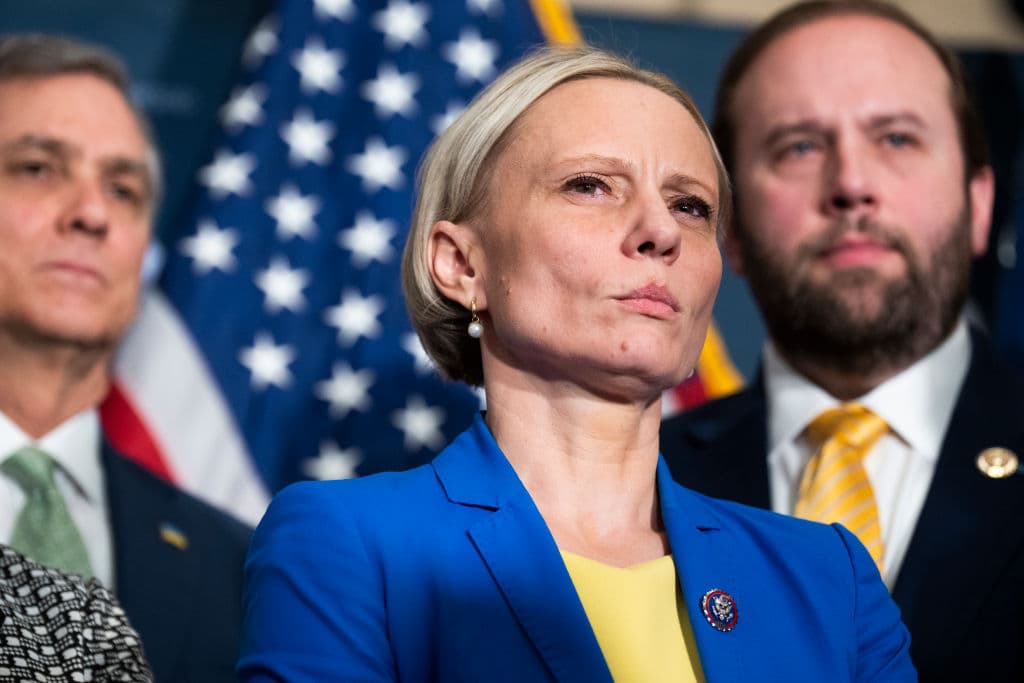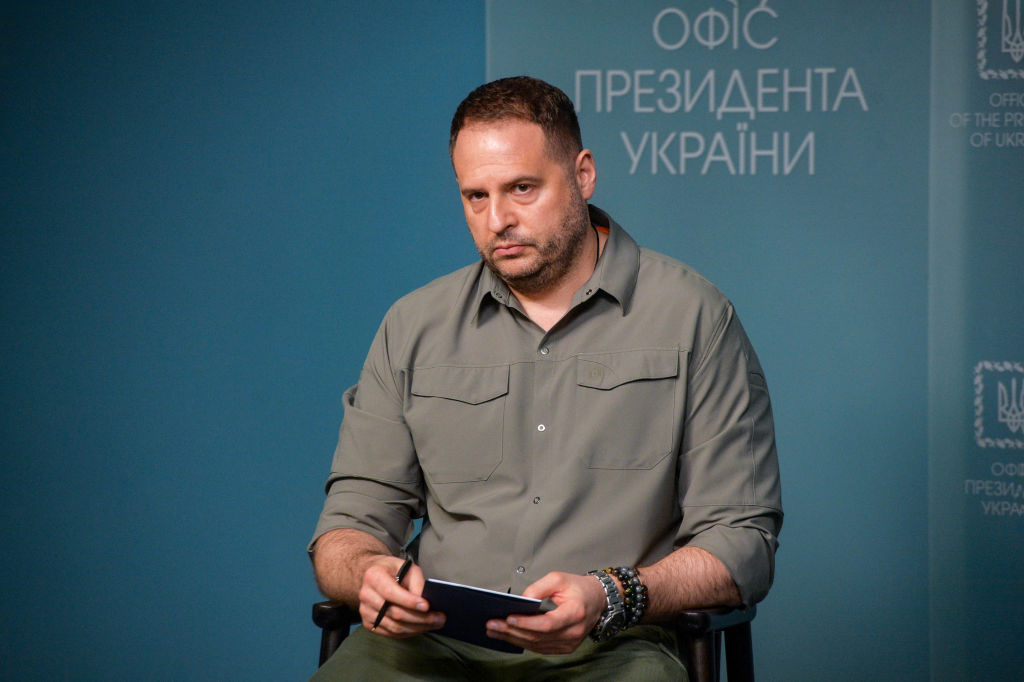Ukrainian-born Republican Congresswoman Spartz says she won't vote for Ukraine aid bill

Republican Congresswoman Victoria Spartz, the only U.S. lawmaker born in Ukraine, said she would not vote for the Senate foreign aid bill that contains more than $60 billion in assistance for Ukraine, the Wall Street Journal (WSJ) reported on April 4, citing a series of interviews with Spartz.
Spartz was born in a small city in Chernihiv Oblast, and moved to the U.S. in 2000. She became the first Ukrainian-born member of Congress in 2021 and has been known for her staunch support of former President Donald Trump.
Spartz has previously supported aid for Ukraine and spoken about the war in deeply personal terms, but also attracted controversy for her attacks against President Volodymyr Zelensky and head of the Presidential Office, Andriy Yermak.
While Spartz did not tell the WSJ that she categorically opposes further aid, she emphasized that there is a lack of clear strategy from President Joe Biden and a need for more oversight on how the funds are being spent.
"I understand the importance of this battle and the implications if Russia is going to prevail, but I'm also not very naive. If we don't have proper oversight, we are not going to achieve our goals," Spartz said.
Spartz also supports the idea of Ukraine aid being delivered in the form of a loan, as was floated by House Republicans.
Backtracking from previous statements about wanting to retire from Congress, Spartz said she was running for reelection in February 2024, and faces a number of Republican primary challengers.
Chuck Goodrich, considered to be her top rival, has already begun to attack Spartz on her previous support for Ukraine in his campaign ads.
"Victoria Spartz sends $40 billion of our tax dollars to Ukraine before the border wall (with Mexico) is finished," one of the ads said. "Why does Victoria Spartz put Ukraine first?"
In turn, the Spartz campaign wrote in an email that the congresswoman opposes a "blank check" for Ukraine.
Spartz previously said in October 2023 that she supported the calls of fellow Republican Congressman Jim Jordan, an outspoken opponent of aid for Ukraine, to have more "accountability" for the funding.
Pentagon spokesperson Pat Ryder said in January 2024 that there is "no credible evidence of illicit diversion of U.S.-provided advanced conventional weapons from Ukraine."
Other comments by Spartz, such as the assertion that "Ukraine (can't) win this war with President Biden in charge," have indicated a tendency to focus on partisan issues rather than Ukraine. Spartz told the WSJ that she has "largely moved on from focusing heavily on Ukraine."













